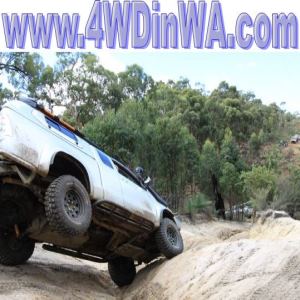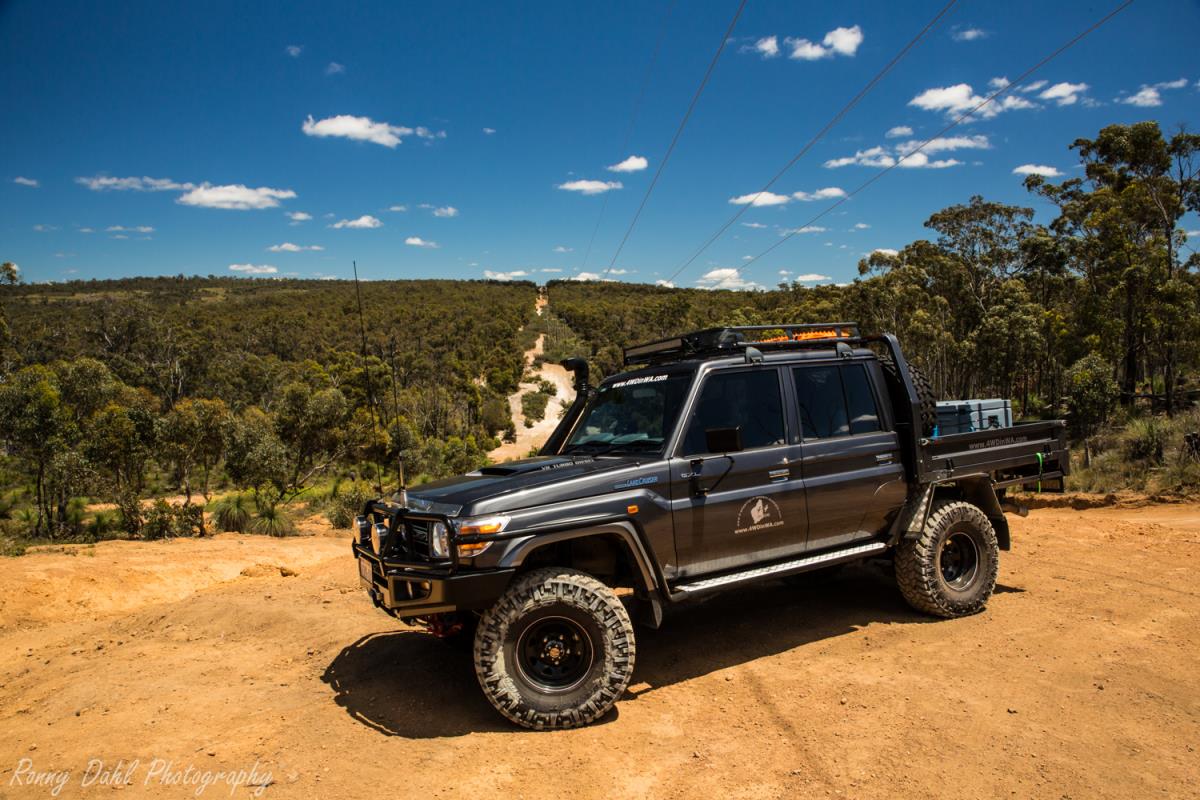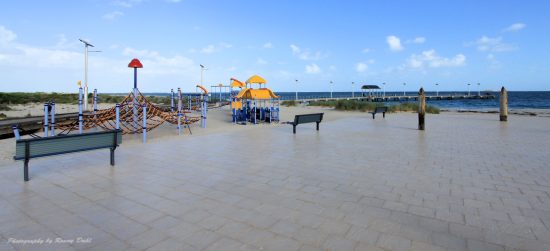
4WD vs AWD.
4wd vs Awd
Most people don't know the difference on a "4 Wheel Drive" and an "All Wheel Drive".
They are very different from each other even though they both
involve drive to all wheels. After reading though the segments below it’s very
clear which type of driving system wins the 4wd vs Awd when it comes to off-roading.
Below are 3 types of drive trains:
4wd
Awd
And full time 4wd (a mix of both systems)
4wd vs Awd (what the 4wd is):
4wd or 4 wheel drive is a part time system. When engaged 100% the vehicle's torque and power is sent to the transfer case which then directs the power 50/50 between the front and rear diffs.
All four wheels get an even share of 25% torque and power, but only if all four wheels are on the ground.
Power/force will always take the path of least resistance, meaning if a wheel should leave or loose traction it will spin leaving the opposing wheel with no drive.
This is only a problem if momentum is lost and installing diff lockers will fix this issue in tricky parts of a tough track (for more info see Diff Lockers).
4wd should never be used on the highway or and hard surface road as it will wind/bind up the drive train and more than likely break something vital, like a diff, axle or worse.
The part time 4wd type of system is ideal and meant for off-roading. Having low
range gearing really increases the torque at crawling speeds which provide a
massive advantage when off road.
Awd vs 4wd (what Awd is):
Awd or all wheel drive is a full time system made for driving on roads. It's designed to assist vehicles turning corners on wet roads and gravel roads by sending 25% of power to each wheel.
At road speeds of anything about 30kph or above on a smooth surface it works well. However at lower speeds off road it's totally useless on uneven
terrain, soft sand, mud, rough hill climbs/descents or really anything proper off road.
The only terrain it handles well is hard packed sand and gravel roads but normal 2wd vehicles can handle this, so it should in reality be considered the same as a 2wd car with traction and brake assist.
This has much to do with the fact there is no low range gearing and no options to lock the centre differential.
Another problem the newer Awd's have is automatic CPU traction and brake assist. When driving on sand the traction assist will force spinning wheels (even if a slight spin) to jar on and off, much like the ABS when braking hard. When the Awd system creates this jarring effect on the wheels, it actually causes the vehicle to get bogged, in other words the Awd system will dig for traction, not a good idea on the sand.
When talking 4wd vs Awd, 4wd will win every time when compared off road.
Best of both worlds:
4wd vs Awd.
Some 4wd vehicles these days come with full time 4wd (found on some Toyota Land Cruisers, Land Rovers & other makes of vehicles); this is in actual fact an Awd that has a centre lockable diff.
When this is activated (off road use only) the vehicles drive train turns into the same as a solid 4wd and acts in the way as any part time 4x4 or 4wd also having the low range gearing.
With this type of system the vehicle and driver will benefit from the Awd feature on the road and the 4wd feature when off roading.
Some of these 4 wheel drives have specific 4wd traction aids, which assist greatly in hill climbs and descents. Most auto systems can be shut off manually, which is good as in some off road situations it may cause a problem.
Problems occur when driving through mud as spinning wheels helps clean the tires but the auto traction system will stop the wheels from doing so leaving the vehicle effectively disabled until the auto traction is turned off.
The only down side with this type of system is the cost of repairs should something go wrong.
Recent Articles
-
Goodyear wrangler MTR
Jun 28, 24 10:27 PM
I have these on my defender 90 and my Dmax Ute. I get around 100,000 km out of them. I tried AT for one change and went back to the MTs. They are gol -
4x4 off road tracks 0 to 250 km from Perth
Nov 21, 23 07:40 PM
On this page we cover 4x4 off road tracks within a 250 km radius from Perth... -
4 Wheeling Around Jurien Bay.
Nov 21, 23 07:35 PM
Jurien Bay 4x4 tracks info and general information about the area...
- Home
- Custom 4x4 Modifying
- 4WD Vs AWD
Leave 4WD vs AWD And Go To 4 Wheeling In western Australia's Home Page.
Leave 4WD vs AWD And Go To Custom 4x4 Modification.





